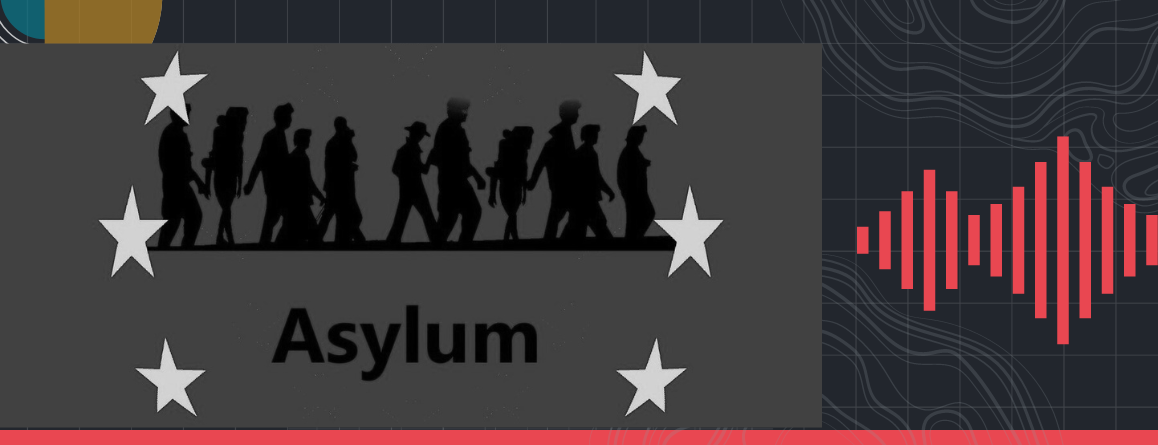Dilmurod Ergashev, a prominent Tajik activist and vocal government critic arrested, faces deportation from Germany to Tajikistan, where he risks severe persecution. Human rights organizations are urgently appealing to the German government and international bodies to halt his deportation and reconsider Germany’s policies on political asylum cases
Date: October 31, 2024
Berlin, Germany — Freedom for Eurasia urgently appeals to the German government to halt the deportation of Dilmurod Ergashev, a Tajik political activist at risk of persecution if returned to Tajikistan. Mr. Ergashev, a prominent member of the opposition movements “Group 24” and “Reforms and Development of Tajikistan,” has been a staunch advocate for democratic values, human rights, and transparency in his home country. His active participation in peaceful protests and criticism of Tajikistan’s government place him in grave danger under the current authoritarian regime.
On October 28, Mr. Ergashev was detained by German authorities in Kleve, with plans to deport him as early as November 5, despite his pending application for asylum. Deporting Mr. Ergashev would constitute a severe breach of Germany’s international obligations under the European Convention on Human Rights (ECHR) and the 1951 Refugee Convention, which prohibit the forced return of individuals to countries where they risk persecution or inhumane treatment. Deportations to Tajikistan have previously led to imprisonment and human rights abuses for other political activists.

Dilmurod Ergashev at the peaceful protest in support of Abdullohi Shamsiddin in Dortmund, Germany in front of the Asylum Authority, 2022
Tajikistani citizens targeted by the authorities abroad and forcibly returned to Tajikistan faced immediate arrest at arrival and imprisonment following unfair trials. On 18 January, Germany deported Abdullohi Shamsiddin, an émigré closely related to several leaders of the arbitrarily banned opposition Islamic Revival Party of Tajikistan (IRPT). According to unofficial sources, after arrival in Tajikistan, he was subjected to enforced disappearance and held in solitary confinement by the State Committee for National Security. On 29 March, a court in the capital, Dushanbe, sentenced Abdullohi Shamsiddin in a closed trial to seven years’ imprisonment for “public calls for the violent change of the constitutional order”.
Another alarming case is the deportation of political activist Bilol Qurbonaliev, a member of ‘Group 24,’ on November 24, 2023. Qurbonaliev had taken part in protests against President Emomali Rahmon’s visit to Berlin on September 28–29, 2023. Following his deportation from Germany, he was detained by Tajikistan’s National Security Committee and, in February 2024, received a 10-year prison sentence solely for his political activities.
These are exemplary cases of the severe consequences faced by deported activists and underscore the critical need for Germany to uphold protections for at-risk asylum seekers.
We call on the Bundesamt für Migration und Flüchtlinge (BAMF) to carefully re-evaluate Mr. Ergashev’s case. His deportation would not only undermine his fundamental rights but also signal tacit support for repressions in Tajikistan, weakening democratic reform efforts by remainders of civil society in Central Asia.
Freedom for Eurasia urgently requests intervention from the United Nations, Council of Europe, OSCE, and international human rights organizations. A swift response can prevent Mr. Ergashev from facing persecution upon his return and uphold Germany’s commitments to protecting vulnerable activists.
